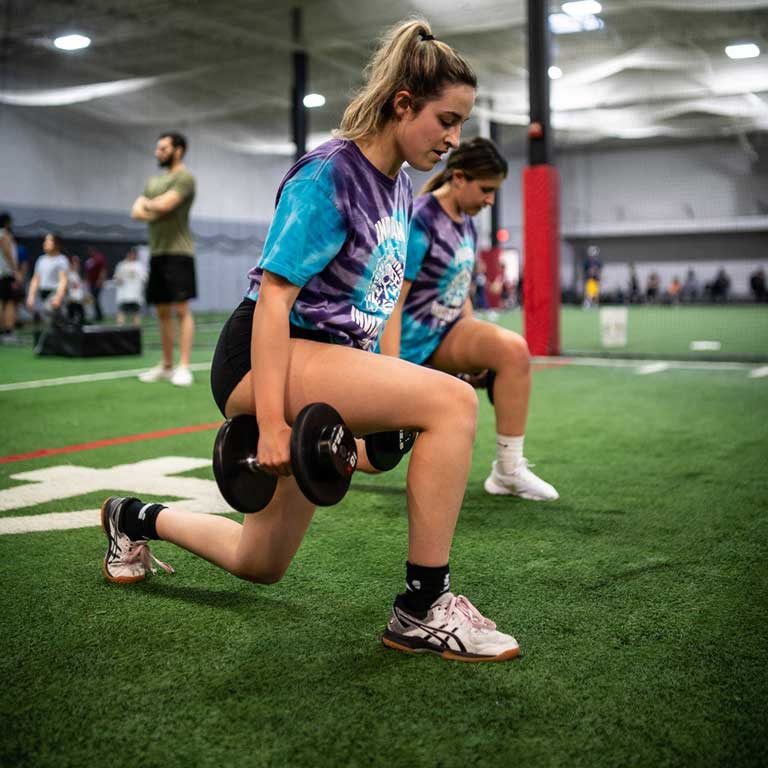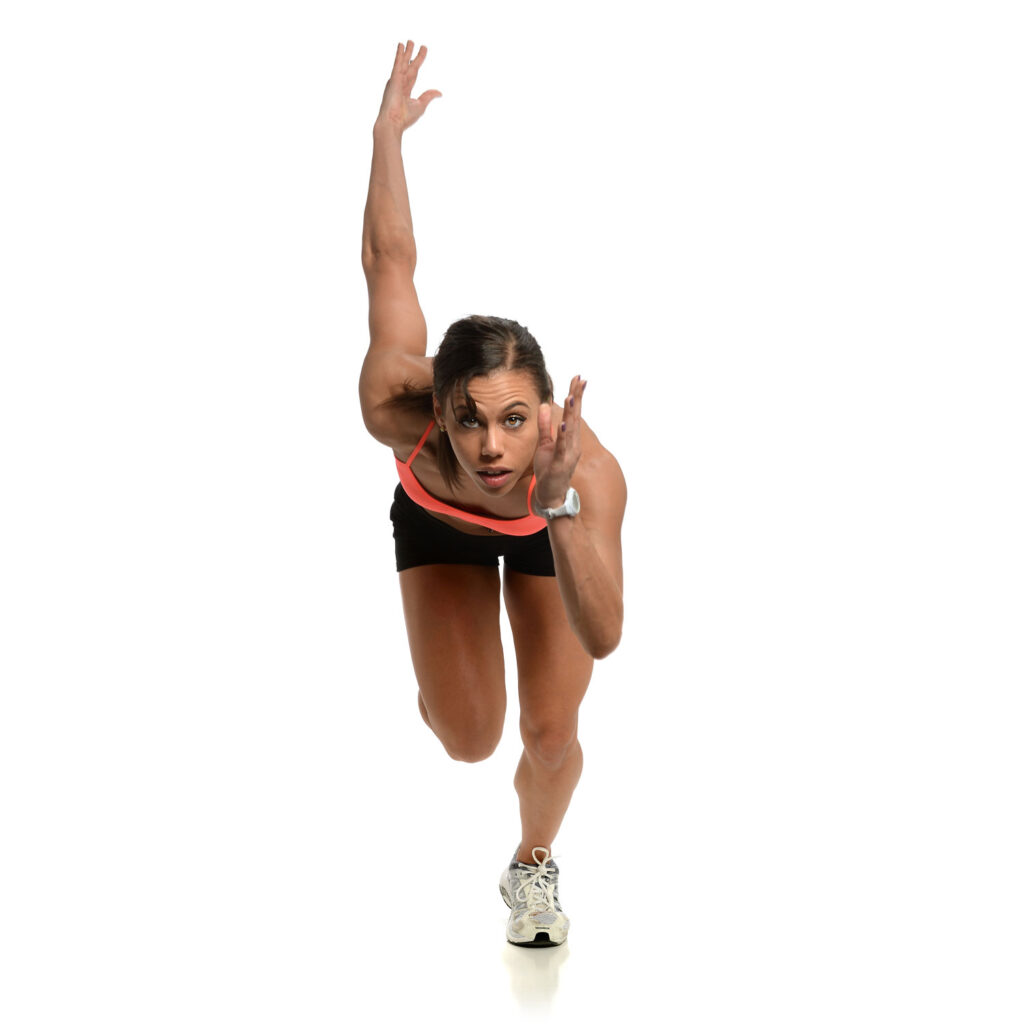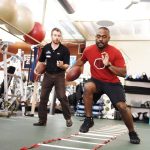The Importance of Sports Training in the Midwest
In the heart of America, midwest sports training has become vital for athletes. It is key for their growth, skill improvement, and competitive edge. Athletes in the Midwest often face unique challenges. These include varied climate conditions and limited access to state-of-the-art facilities. That’s where quality sports training steps in to fill the gap. Proper training in the Midwest helps athletes to adapt. They learn to perform under different weather conditions. This builds resilience and toughness.
Besides physical benefits, midwest sports training also plays a crucial role mentally. It instills discipline, perseverance, and a winning mindset in athletes. They learn the value of hard work and dedication. Mental training methods help them to maintain focus during critical game moments. This is essential to achieving peak performance.
With a mix of traditional values and modern techniques, sports training in the Midwest nurtures well-rounded athletes. Coaches and trainers emphasize the basics. They focus on technique, stamina, and sportsmanship. At the same time, they are adopting innovative training methods. These include data analysis and performance tracking. By balancing these elements, Midwest training programs prepare athletes not just for local competitions, but for national and international stages.
For sports enthusiasts in the Midwest, embracing a structured training regimen is crucial. It is the first step toward achieving their athletic goals and standing out in their respective sports. With dedication and the right guidance, Midwest athletes can reach new heights and set new records.

Identifying Your Training Needs
Before launching into a midwest sports training program, identifying your specific training needs is crucial. Every athlete is unique, with different strengths, weaknesses, and goals. Understanding these personal aspects will guide the customization of your training plan. Begin by assessing your current performance. Ask yourself, where do you stand with your skills, stamina, and overall physical condition? Keep in mind the areas that require improvement. You might need to enhance endurance, increase speed, or develop better coordination.
Consider the demands of your sports discipline. Each sport requires a different set of abilities. For instance, a basketball player needs explosive power and agility, while a long-distance runner focuses on aerobic capacity and stamina. Align your training needs with the specific requirements of your sport. This will ensure that your midwest sports training regimen is effective and tailored to you.
It’s also important to factor in any previous injuries or health concerns. Tailoring your plan to avoid aggravating old injuries helps in maintaining a healthy and sustainable training routine. Moreover, take into account your personal schedule and lifestyle. Ensure that your training is realistic and can be consistently followed without causing burnout or undue stress.
Lastly, seek advice from professional coaches or sports trainers in the Midwest. They can provide valuable insights and help identify areas that may have been overlooked. Their expertise can be instrumental in creating a balanced and comprehensive training program that addresses all your needs. By sorting out these details, you set yourself up for a more focused, effective, and rewarding sports training experience.
Key Components of Effective Sports Training Programs
Effective sports training programs, especially in Midwest sports training, rely on several key components. Each component plays a vital role in athlete development.
- Structured Training Regimen: A well-structured training plan is crucial. It ensures that athletes cover all aspects of their sport. This includes skills, endurance, and mental resilience.
- Personalized Coaching: In Midwest sports training, personalized attention is important. Coaches should adapt their methods to meet each athlete’s unique needs.
- Nutritional Guidance: Proper diet and nutrition are vital for peak athletic performance. Training programs should include tailored nutrition plans.
- Mental Conditioning: Besides physical training, athletes need mental training. This helps them handle pressure and improve focus during competitions.
- Recovery Protocols: Adequate rest and recovery are as important as the training itself. Programs must incorporate recovery techniques to prevent injuries.
- Use of Technology: Modern Midwest sports training programs integrate technology. They use data analysis and performance tracking tools to enhance training outcomes.
By focusing on these key components, sports training programs in the Midwest can help athletes reach their highest potential.

Benefits of Specialized Training for Different Sports
Midwest sports training offers specialized training tailored for various sports. Each sport demands specific skills and fitness levels. Tailored training programs address these unique needs efficiently.
Enhanced Performance
Specialized training focuses on the exact skills needed in a sport. For a soccer player, agility and stamina might be the key areas. For a swimmer, techniques and lung capacity take precedence. By honing in on sport-specific skills, athletes can improve their performance remarkably.
Injury Prevention
Training specific to a sport also helps in reducing injury risks. Knowing the common injuries in a sport allows trainers to develop preventive measures. They incorporate exercises that strengthen the muscles most prone to injuries in that sport.
Faster Progression
Athletes who undergo specialized training tend to see faster improvements. Coaches set progressive goals that are realistic and sport-specific. This method ensures that athletes are not over-trained but are pushed enough to grow.
Long-term Athletic Development
Midwest sports training programs focus on long-term athlete development. Specialized training gears athletes not just for immediate success, but for sustained performance. This approach builds a solid foundation for athletes to enjoy a prolonged sports career.
These benefits highlight the importance of specialized training in achieving sports excellence. Midwest sports training utilizes these principles to prepare athletes for all levels of competition.
Integrating Technology and Modern Methods in Training
In the evolving world of sports, integrating technology is crucial. Midwest sports training uses modern methods extensively. These tools help enhance athlete performance and coaching strategies. Here’s how technology is shaping sports training:
- Data Analytics: Coaches use data to analyze performance trends and devise customized training plans. It helps in pinpointing areas needing improvement.
- Wearable Technology: Devices like fitness trackers monitor heart rate, calories burnt, and sleep patterns. Athletes and coaches can use this data to adjust training loads and recovery.
- Video Analysis: This tool allows for detailed visual feedback. Athletes can view their form and technique in slow motion, making corrections easier and more precise.
- Virtual Reality (VR): VR simulates real game scenarios. It gives athletes the advantage of practicing their skills in various conditions without the physical wear.
- Mobile Applications: These apps help in scheduling workouts, providing nutritional guidance, and tracking progress. They make it easier for athletes to stick to their training regimen.
These modern approaches ensure Midwest sports training programs remain cutting-edge. They prepare athletes for competition at all levels, from local to international. By embracing technology, Midwest sports trainers provide their athletes with the best tools for success.

Success Stories: Athletes Who Benefited from Midwest Training
The proof of effective Midwestern sports training shines in the successes of its athletes. Here are some real success stories:
- High School Champions: Many high school teams in the Midwest have clinched state championships. Their rigorous training schedules and dedication have paid off in memorable victories.
- College Scholarships: Midwest-trained athletes often secure scholarships to prestigious universities. Their exceptional abilities and strong work ethic stem from focused sports training programs in the region.
- Professional Careers: The Midwest has produced professional athletes across various sports. These individuals credit much of their success to the robust training and support they received locally.
- Olympic Contenders: Some athletes have even reached the Olympic stage. They point to the balanced training, including mental conditioning and nutritional guidance, as keys to their achievements.
- Community Role Models: Successful athletes inspire upcoming generations. They prove that with midwest sports training, big dreams can turn into reality.
These stories highlight not just individual victories but the collective strength of Midwest training. Each achievement reflects the quality and impact of the programs and coaches in this region. It is this track record of success that continues to attract more athletes to midwest sports training facilities with the hope of reaching new heights in their athletic journeys.
How to Choose the Right Sports Training Facility in the Midwest
When seeking a top-quality Midwest sports training facility, several factors come into play. Here’s how to make the right choice:
- Research and Referrals: Start with online research and ask for referrals. Check out reviews and testimonials.
- Facility Tours: Pay a visit. Look for clean, well-maintained spaces with up-to-date equipment.
- Qualified Staff: Ensure coaches are experienced and certified. They should have a positive track record.
- Specialization: Choose a center that specializes in your sport. They understand your specific needs.
- Technology Integration: The facility should incorporate modern technology for training and analysis.
- Location and Accessibility: The facility should be easy to get to and have flexible hours.
- Training Philosophy: It should match your goals and values. A positive environment is key.
- Safety Measures: Good training centers prioritize athlete safety and have protocols in place.
- Costs and Contracts: Understand the fee structure. Ensure it is transparent and fair.
After evaluating these points, trust your gut. The right fit will feel welcoming and inspire growth. A quality Midwest sports training facility will not just be a place to train but a community where athletes can thrive and achieve their best.

Setting Goals and Measuring Progress in Your Training Journey
Setting clear goals is crucial in any Midwest sports training program. By defining what you aim to achieve, you can tailor your training to meet these objectives. Start by setting SMART goals – Specific, Measurable, Achievable, Relevant, and Time-bound. This approach ensures your goals are clear and achievable within a set timeframe.
Measuring progress is equally important. It helps you stay on track and motivated. Use the following methods:
- Performance Metrics: Track times, distances, weights, and other quantifiable data. This shows improvement over time.
- Skill Assessments: Regularly test specific skills related to your sport. Note advancements and areas needing work.
- Feedback from Coaches: Engage with your coaches for professional feedback. They can provide insights on your performance and guide improvements.
- Personal Reflections: Keep a training journal. Document your feelings about your training sessions. Over time, this can reveal patterns that indicate progress or areas for adjustment.
- Technology Tools: Use apps and devices to monitor your physical and technical performance. They provide detailed data that can guide your training choices.
By setting goals and measuring your progress, you ensure your Midwest sports training is effective. This helps you move closer to your sport-specific targets and achieve long-term success.


